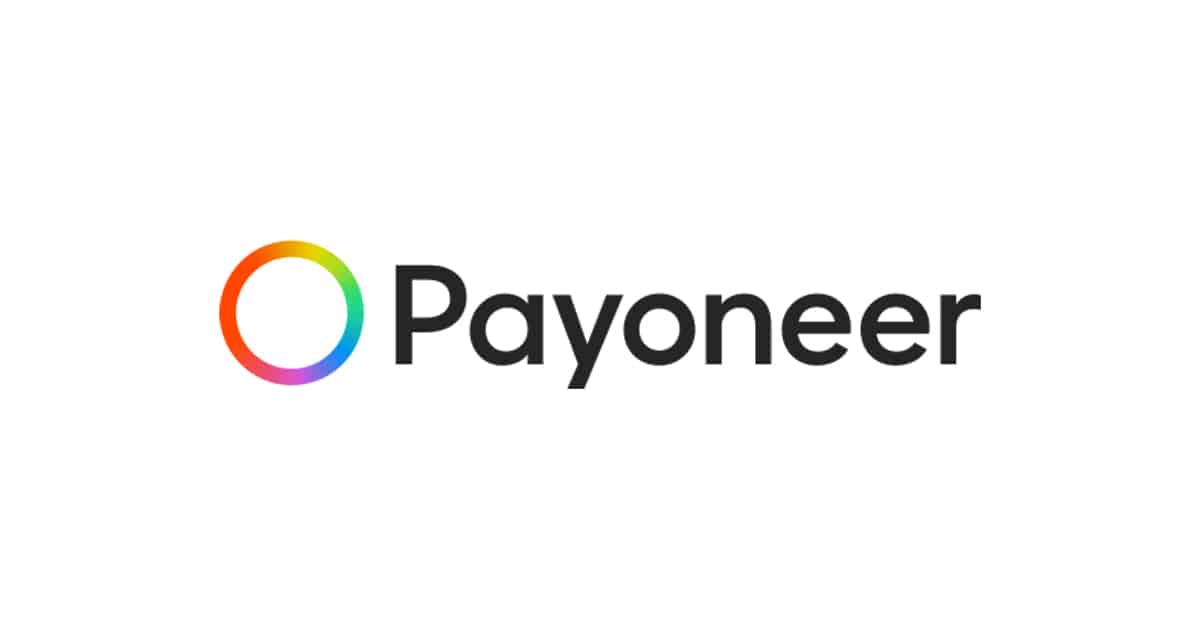This is a step-by-step stock review to answer the question, is Payoneer (PAYO) stock a good buy?
This article will teach you how to use the 4Ms of investing. This will be a detailed walkthrough to show you how the 4Ms work and why they are important. If you are interested, you can log into Tykr to use the 4M Confidence Booster (Powered by OpenAI) which will allow you to complete a 4M Analysis in less than 60 seconds.
What are the 4Ms?
- MOS (Margin of Safety) – The MOS is the math part of investing which includes the Summary, Score, and MOS (Margin of Safety).
- Meaning – The meaning is the business model and how scalable the revenue streams are.
- Moat – The moat is how the business compares to other companies in the same Sector and Industry.
- Management – The management is the track record of the CEO.
What 4M score are we going for?
- 80-100 = High confidence – Yay! You should have high confidence buying this stock. It passes all 4M!
- 60-79 = Moderate confidence – Alert! There may be better stocks in the market. Only buy this stock if you truly believe the company will improve!
- 0-59 = Low confidence – Warning! There are better stocks in the market. Due to the low score, you should consider looking at other stocks.
Table of Contents
The following links will direct you to key topics to help answer the question, is Payoneer (PAYO) stock a good buy?
- Payoneer Company History
- MOS (Margin of Safety)
- Meaning
- Moat
- Management
- 4M Score
- Is Payoneer (PAYO) stock a good buy
1. Payoneer Company History
When investing in stocks, it’s important to know the company’s history. This helps us understand the various revenue streams, if they acquired other companies, how they grew through difficult times, and how they separated themselves from the competition.
- Founded: Payoneer was established in 2005.
- Founder: Yuval Tal, an entrepreneur with a background in technology and finance.
- Headquarters: Located in New York City, USA.
- Initial Offering: Began as a prepaid MasterCard provider to enable cross-border payments.
- Growth: Expanded rapidly by offering global payment solutions for businesses and professionals.
- Service Expansion: Introduced services for receiving and sending funds, managing currencies, and connecting to e-commerce platforms.
- Marketplace Integration: Partnered with major marketplaces like Amazon, eBay, and Airbnb to facilitate payments for sellers.
- Global Reach: Provides services in over 200 countries and supports more than 150 currencies.
- Innovations: Launched the Payoneer Account to streamline international business transactions.
- IPO: In 2021, Payoneer went public via a merger with SPAC company FTAC Olympus Acquisition Corp.
- Mission: Aims to democratize access to financial services and empower businesses to grow globally.
- Customer Base: Serves freelancers, online sellers, and businesses of all sizes with reliable and secure payment solutions.
- Financial Services: Offers working capital, payment cards, and payment processing tools to enhance global commerce.
- Industry Recognition: Known for robust security measures, compliance with international financial regulations, and innovative solutions.
2. MOS (Margin of Safety)
When investing in a company, the first step is to look at the financials. Fortunately, Tykr does this for us automatically. The higher the score, the stronger the financials and the safer the investment. The higher the MOS, the higher the potential returns you can make.
- Summary: On Sale
- Score: 94
- MOS:80%
To see the most up-to-date Summary, Score, and MOS, please log into Tykr.
3. Meaning
When investing in a company, it’s important to know how a company makes money. A mature business model has multiple streams of revenue which allow the company to weather downturns in the economy.
Here is how Payoneer (PAYO) makes money:
7. Is Payoneer (PAYO) stock a good buy?
Some of the top questions investors can have is Payoneer (PAYO) stock a good buy or should I buy Payoneer (PAYO) stock?
Payoneer offers a promising investment opportunity given its innovative solutions and global reach in the digital payment sector. As a leading provider of cross-border payment services, Payoneer facilitates seamless transactions for businesses and freelancers worldwide. Its diverse range of payment options, including transfers, digital wallets, and prepaid cards, cater to various needs and preferences, fostering customer satisfaction and retention. Furthermore, Payoneer’s strategic partnerships with major marketplaces and payment processors strengthen its market position and revenue streams. The company’s robust growth trajectory, fueled by increasing globalization and the rise of the gig economy, presents favorable prospects for investors seeking exposure to the fintech industry. With a solid track record of success and ongoing technological advancements, Payoneer stands as an attractive investment opportunity poised for continued expansion and value creation.
—
To truly know if Payoneer is a good stock to buy or sell, we recommend you log into Tykr. Within seconds you can see the Summary, Score, MOS, and 4M Score.
If you found this stock review interesting, you may also like this review on Starbucks.

